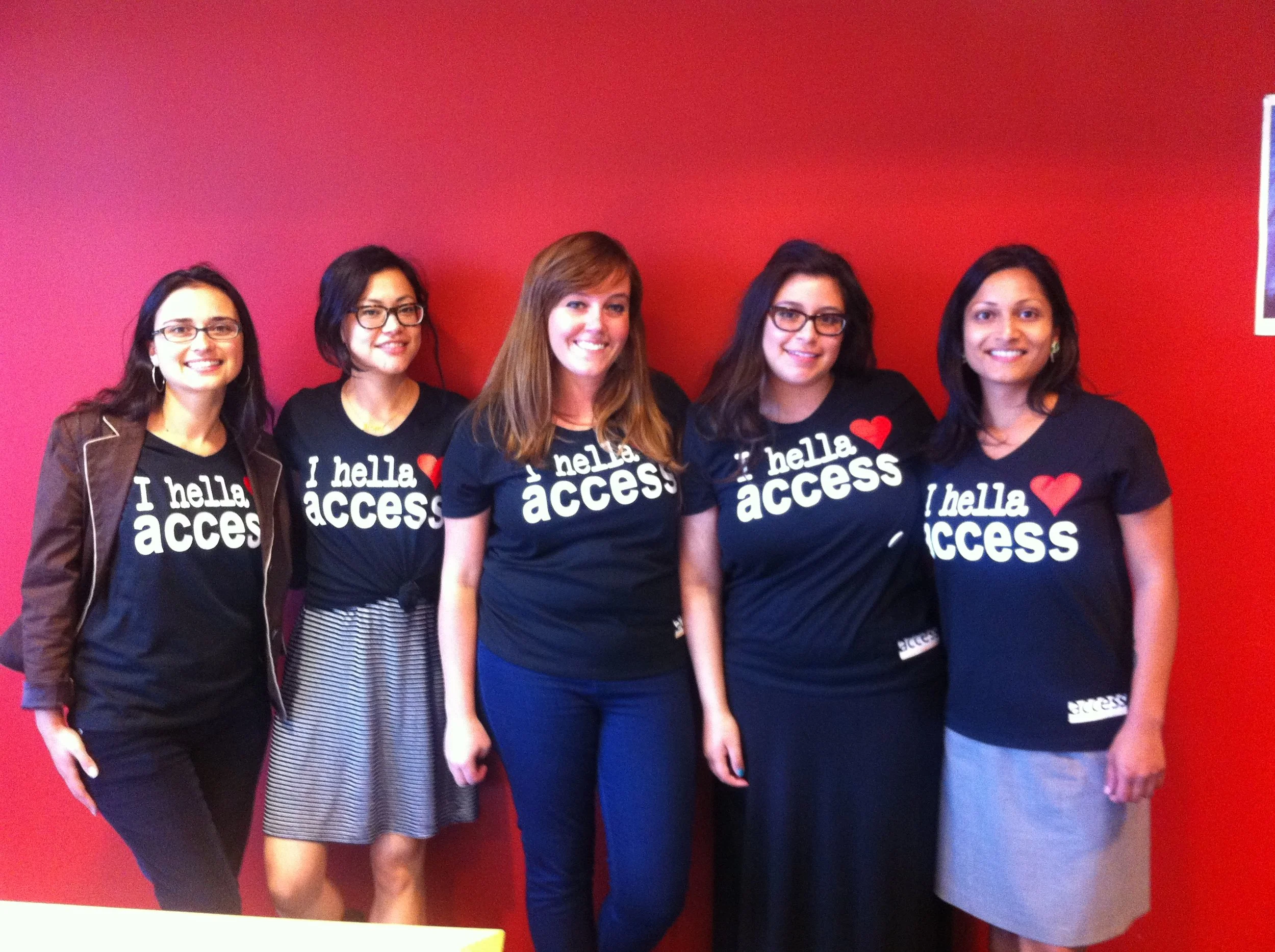Women’s Policy Institute: Sharing Stories of Women’s Health and Gender Justice
Amy Hill
The Women’s Foundation of California’s Women’s Policy Institute (WPI) is striving to increase the number of women and trans people who are actively engaged in public policy so that they can have a greater impact on the fundamental conditions that affect their lives, families, and communities. The WPI understands that storytelling forms an important part of the process of amplifying the voices of historically marginalized groups during the policymaking process, galvanizing community support for particular policies, and raising the awareness and consciousness of legislators as well as potential allies and supporters.
Motivated by a desire to build skills among current and former WPI alumni, the WPI reached out to StoryCenter in 2017, to develop a storytelling training. In March and April, we guided small groups of advocates through the process of sharing their own stories as videos. Over the course of two days, participants talked about their policy-related experiences, crafted and recorded short scripts, and outlined visual treatments for their pieces. StoryCenter staff then edited the final videos.
The goal of this project was three-fold: to offer participants an advanced training on the use of personal storytelling as a tool for policy advocacy; to create a set of powerful videos that the participants are positioning as key advocacy tools in the context of their local-level social change work; and to provide media that the WPI is using to encourage women and trans people—particularly those from communities of color, low-income communities, rural communities, and queer communities—to participate in the WPI program.
Watch Clarissa's story below, read on our blog about WPI storyteller Mariya Taher's efforts to prevent female genital mutilation, and view the entire collection of stories on YouTube.
Clarissa got pregnant at an early age and struggled to find childcare. After securing a good job and a stipend for daycare, she experienced the fallout from state budget cuts that revised the rules for subsidies and made her ineligible.
